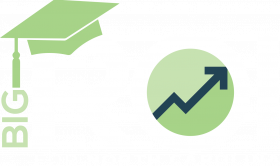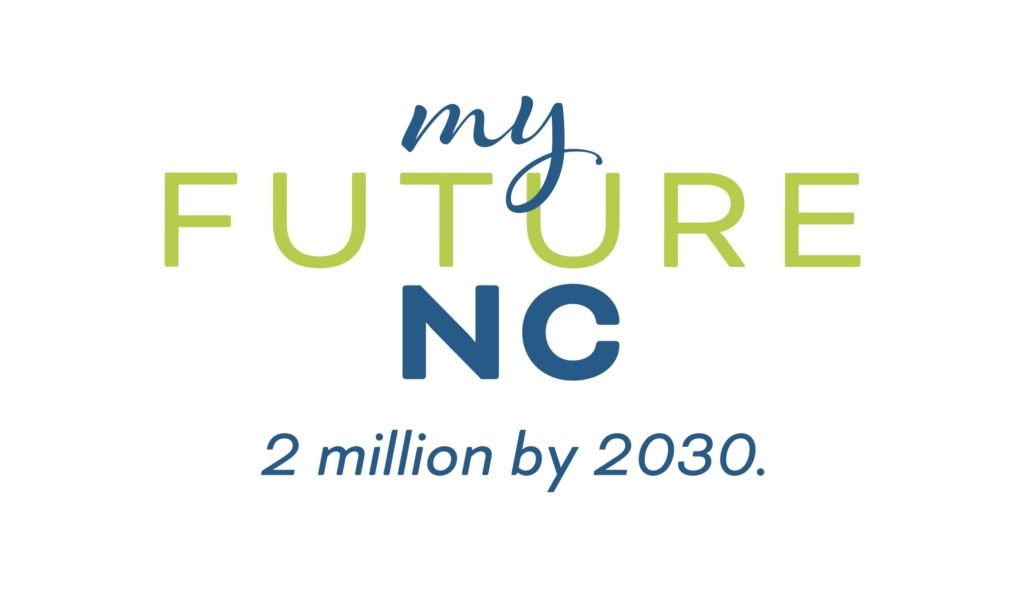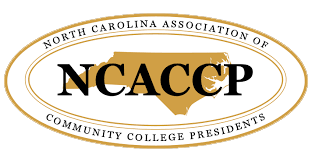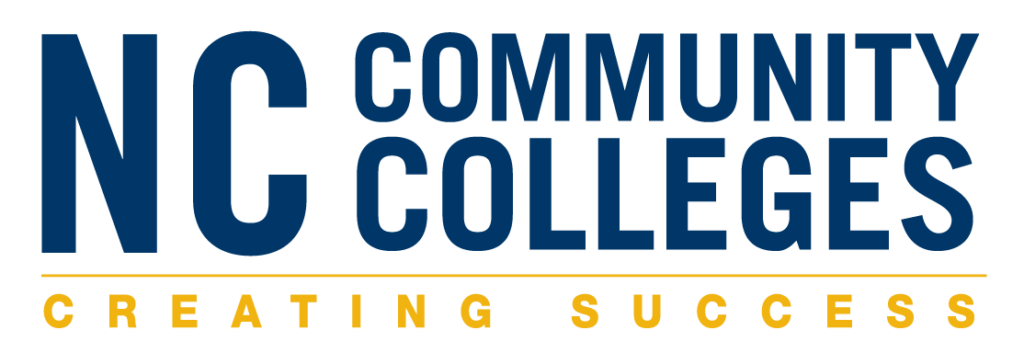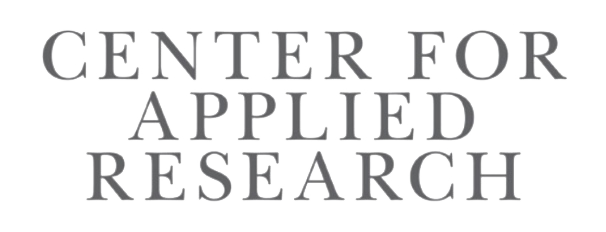Roxboro, NC – A new, in depth economic impact analysis found Piedmont Community College (PCC) has a $94.8 million annual impact on the regional economy – supporting more than 2,040, or one out of every 10, jobs across Person and Caswell counties.
The impact of the increased earnings of PCC alumni and the businesses they work for totaled $80.9 million.
“Piedmont Community College transforms lives, strengthens community, and inspires individuals to excellence. That is our mission and our commitment to those we serve,” said Dr. Pamela G. Senegal, President, Piedmont Community College. “The impact we have on the local and regional economy is not only important for students and how much more they’ll gain after earning a certificate or degree, but also for the taxpayers in our service areas.”
Senegal continued, “PCC’s presence benefits our community. Not only do our services, as well as dedicated employees, attract business, industry, and educational partnerships, but the money put back into our community from employees, students, alumni, and visitors has a positive impact.”
The report also assesses the economic impact of five Piedmont Community College programs on the area economy, the return on investment for students, and the benefits generated for N.C. taxpayers.
The high-demand career pathways measured in the report include jobs and programs related to nursing, medical assisting, information technology, welding, and mechatronics.
In addition, taxpayers and communities are also seeing benefits from the funding they provided the College, as the added tax revenue from students’ higher earnings and increased spending amounts to an additional $14.9 million dollars spent in the PCC service areas. Statewide, for every dollar that was invested in PCC, North Carolinians will receive $5.50 annually in return as long as those students continue to work in the state.
For the students, every dollar they invest into earning their degree, diploma, or certificate will earn them $4.30 in higher future earnings, more than twice as much as the average person receives from investing in the stock market.
Some programs, on the other hand, will allow students to see even more of a return. Students who enroll in PCC’s Nursing program will receive $8.00 in return for every dollar they invest, Information Technology students will receive $11.00, and students who enroll in Mechatronics will receive $19.80.
“Imagine that every dollar you invest in yourself or in someone else’s education through a scholarship fund, you get $4.30 back, or, depending on the program, much more,” Senegal said. “You actually don’t have to imagine it because it’s a reality when you earn a degree from PCC. By obtaining a certificate from short-term training classes or a full degree in a curriculum program, you are not only propelling your own future; you are also supporting the community when those added dollars are spent at home.”
“The return on investment in our community colleges is unmatched – not only for students and parents, but taxpayers and our entire state economy,” said N.C. Community College System President Thomas Stith. “We are proud of the contributions of our graduates and employees to enhance and strengthen our North Carolina communities.”
Community college graduates have higher incomes that contribute to a larger tax base and a growing state. Students who graduate with an associate degree from a N.C. community college will see an increase in earnings of up to $7,000 or more each year compared to a person with a high school diploma or equivalent. If the student builds upon their associate degree to then earn a bachelor’s degree, their annual income also doubles on average.
“It’s been a privilege to have worked and supported our education partners on this study from the beginning as I was confident the results would blow us away. And it did. I think it’s fair to say not many government funded programs generate more revenue than they take in from taxpayers,” said State Senator Deanna Ballard, chair of the Senate Education Committee. “It’s critical that our high school graduates and adults looking to gain new skills take advantage of the incredible opportunities that their local community college provides.”
About the study:
With support from the North Carolina General Assembly, leaders from the N.C. Association of Community College Presidents, the N.C. Community College System Office, the Center for Applied Research, N.C. State’s Belk Center for Community College Leadership and Research, and the John M. Belk Endowment collaborated with national research leader Emsi Burning Glass to produce a regional Economic Impact Study for each of the state’s 58 community colleges, as well as an overall statewide report.
This study measures the economic impacts created by North Carolina Community Colleges on the business community and the benefits the colleges generate in return for the investments made by their key stakeholder groups—students, taxpayers, and society. The two analyses that are presented are economic impact analysis and investment analysis.
All results reflect employee, student, and financial data, provided by the colleges, for fiscal year (FY) 2019-20. Impacts on the North Carolina economy are reported under the economic impact analysis and are measured in terms of added income. The returns on investment to students, taxpayers, and society in North Carolina are reported under the investment analysis.
The studies found that each of North Carolina’s community colleges pump millions of dollars into the regions they serve – creating jobs, wealth, and opportunities for local residents. North Carolina’s 58 community colleges represent a combined $19 billion in annual impact on the state’s economy and support one out of every 19 jobs in the state.
More information about the statewide economic impact studies can be found at BigROIforNC.org including the state report, as well as reports, fact sheets, and summaries for each of North Carolina’s 58 community colleges. Copies of PCC’s economic impact studies, fact sheets, and summaries can be found online at BigROIforNC.org/piedmont.
